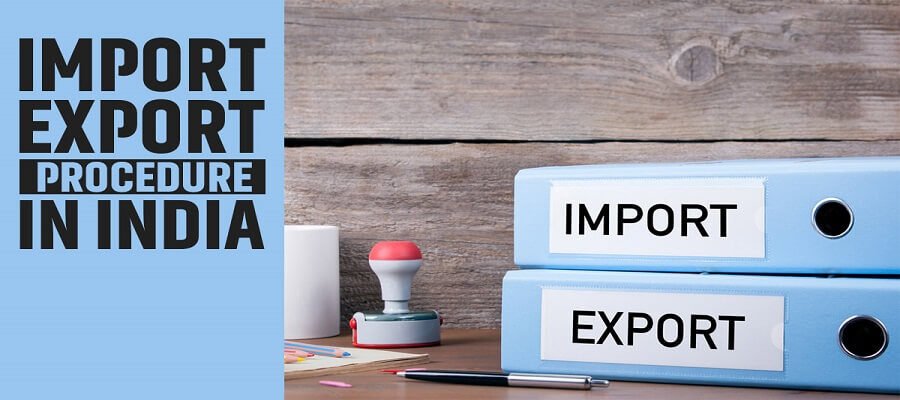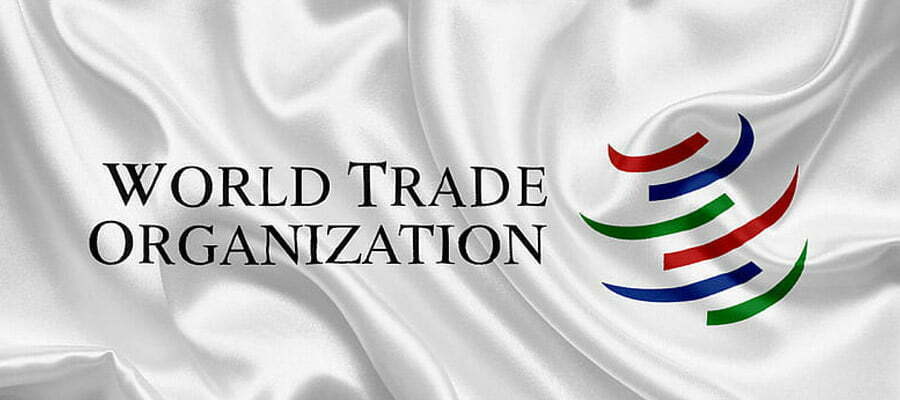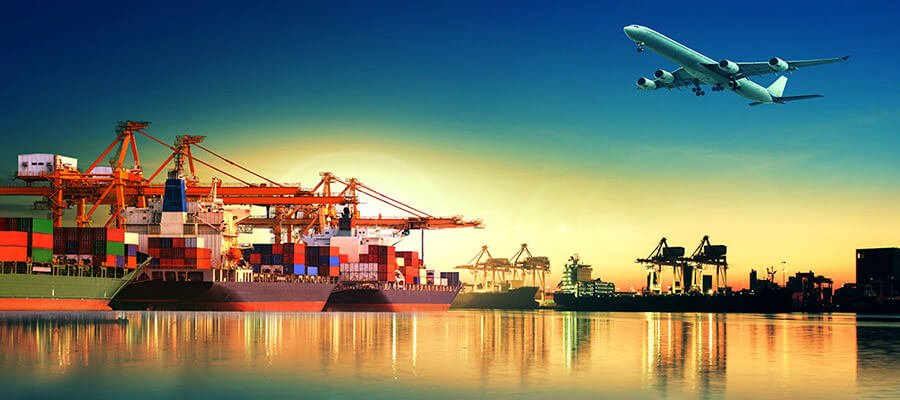
The backbone of your export business is the “Products”, if all documentation, compliance and sales are looked at. If you have a high quality product that foreign consumers are interested in buying, then everything else becomes traditional. You become able to transform yourself from a general business person into an exporter very easily.
As important as knowing what you can export, it is equally important to know what you cannot export. The government has a list of items that you cannot export from India because they are restricted or restricted.

India’s customs authorities have launched the Indian Customs Compliance Information Portal detailing customs procedures and regulatory compliance for import-export trade. This article briefly highlights relevant import-export procedures in India as well as various promotional schemes and initiatives being implemented to benefit exporters.

The World Trade Organization (WTO) is an international organization that deals with problems related to the rules of trade between nations. At its center are the WTO agreements, which have been negotiated and signed by most of the world’s trading countries and ratified in their parliaments. The goal is to ensure that business flows as smoothly, predictably and freely as possible.
WTO, the international organization established to monitor and liberalize world trade. The WTO is the successor to the General Agreement on Tariffs and Trade (GATT), which was created in 1947 in the hope that it would soon be replaced

On April 1, India was to unveil the Foreign Trade Policy India 2021-2026. The prevailing policy was extended by a year because of Covid-19, which was to finish on March thirty-one. And therefore the government decided to extend it for six additional months. Now the present policy will valid up to September thirty. The Foreign Trade Policy India (FTP) outlines government ways and steps to market domestic production and exports with the target of driving economic process.
It remains to imagine how new Foreign Trade Policy India gets affected after fighting the second wave of the pandemic. The new policy is eagerly awaited as economies across the world grapple with lock-downs, restrictions and the pandemic’s consequences for international trade.
